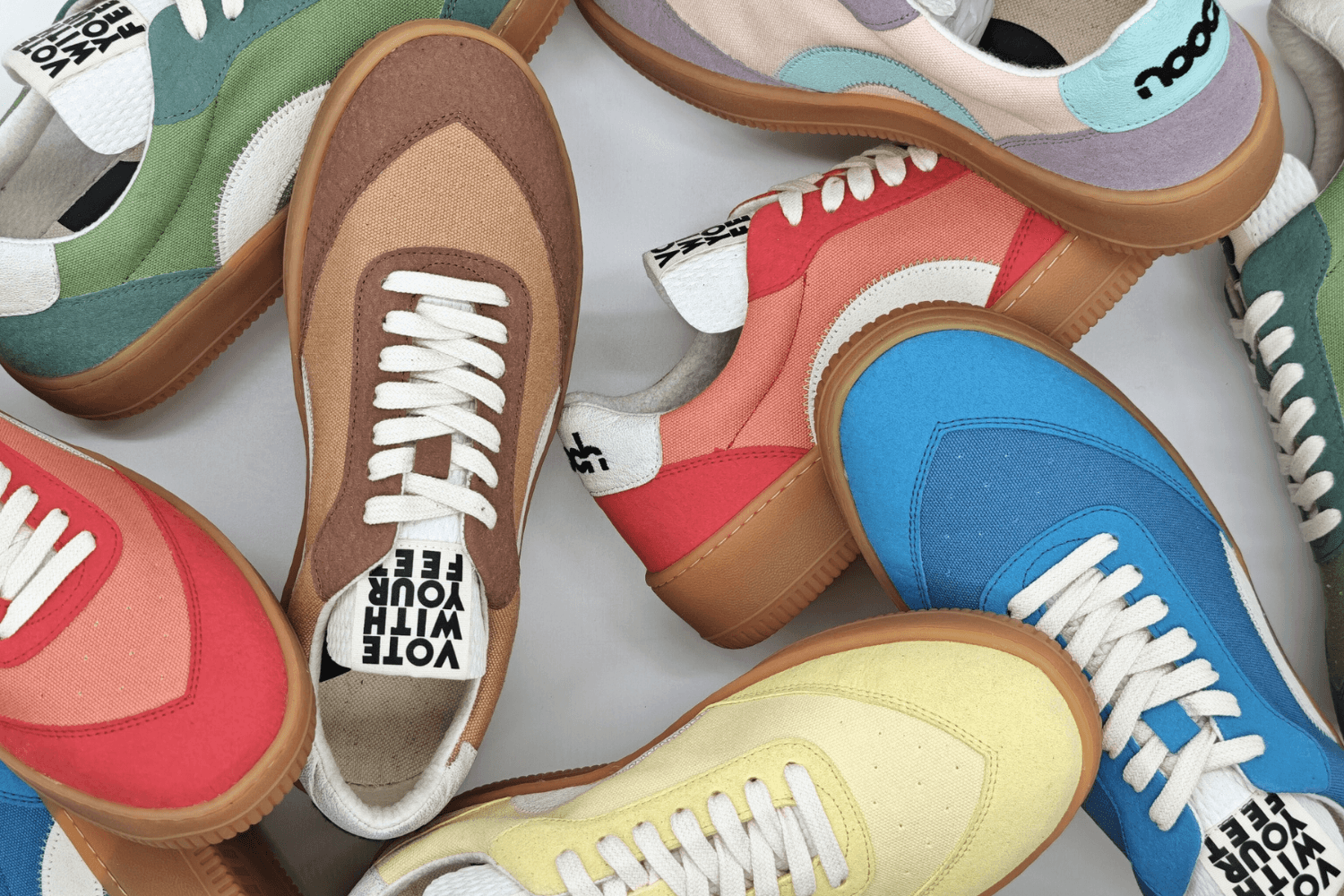Veganism is more than just a dietary choice, it's a lifestyle that touches everything from clothing to cosmetics, and yes, even sneakers. As the fashion industry evolves, more brands respond to ethical and environmental concerns by offering animal-free footwear.
But what exactly makes a sneaker vegan? And how can you navigate the growing market of cruelty-free kicks with confidence?
Here's a comprehensive guide to help you step into ethical fashion.
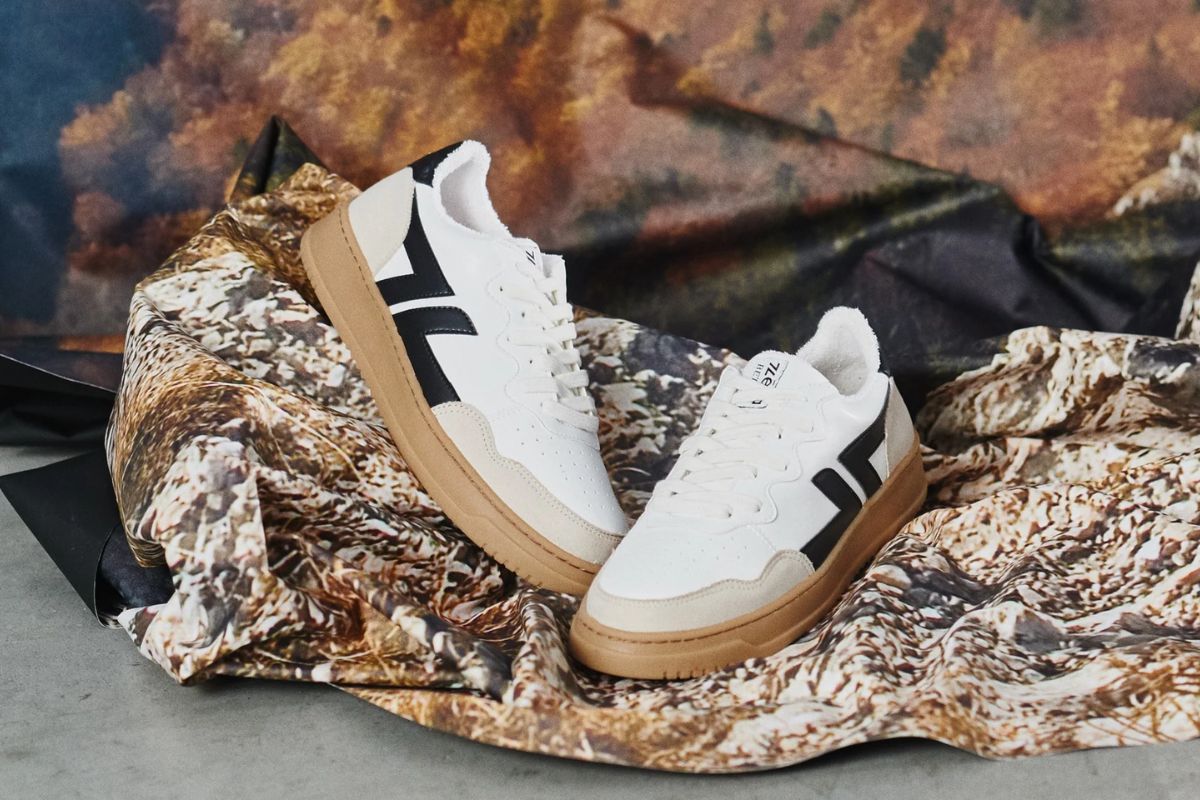
Image source: @Clother
When Is a Sneaker Truly Vegan?
A sneaker can only be considered vegan if no animal-derived components are used in its production. This includes obvious materials like leather and suede, and less visible elements like the glue that binds the shoe together. Some adhesives are made using animal-based ingredients such as collagen or casein, and dyes may be derived from insects or other animal sources. It's essential to ensure that every part of the sneaker, from the upper and lining to the glue and finishing agents, is free from animal products. For a sneaker to be authentically vegan, it must be entirely free from animal exploitation at every stage.
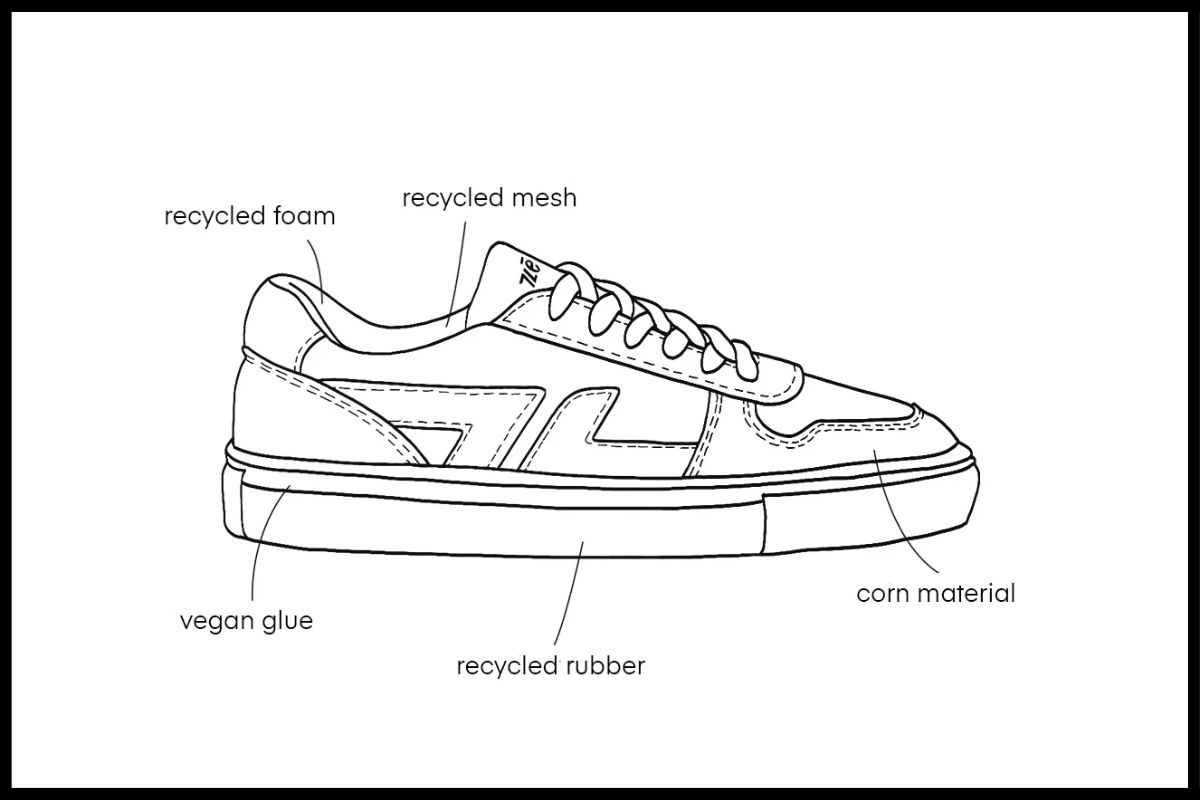
Image source: @Zèta
What to Look For When Buying Vegan Sneakers
Shopping for vegan shoes requires more than just avoiding leather. It's important to examine the materials used and ensure they are synthetic or plant-based alternatives. Labels or tags on the shoes often indicate the materials, but in many cases, you may need to look deeper. Brands that are serious about ethical fashion typically offer detailed product descriptions and are transparent about their manufacturing practices. While vegan products eliminate animal materials, not all of them are environmentally friendly. Some synthetic materials can be resource-intensive or harmful to ecosystems, so ideally, a good vegan sneaker is also made with sustainability in mind.
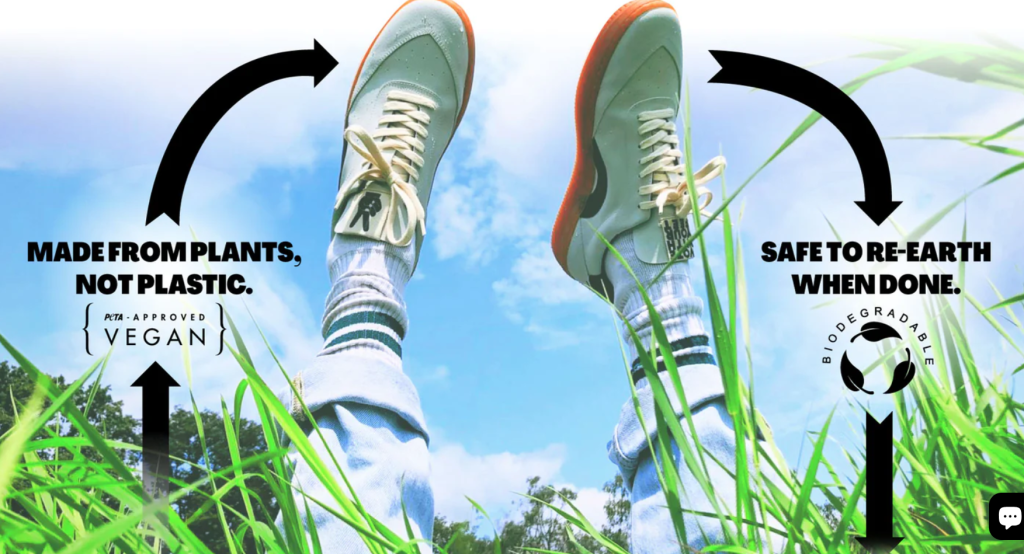
Image source: @nooch.earth
Considering the Impact of Animal Testing
Even if a sneaker is made without animal products, it may not be entirely cruelty-free if the brand engages in animal testing. This could involve testing chemicals, dyes, or adhesives on animals during product development. For ethically minded shoppers, it's important to consider not just the end product but the entire process. A truly cruelty-free sneaker should come from a brand that refrains from animal testing and commits to humane and ethical research and development practices. Look for companies that proudly identify as both vegan and cruelty-free.
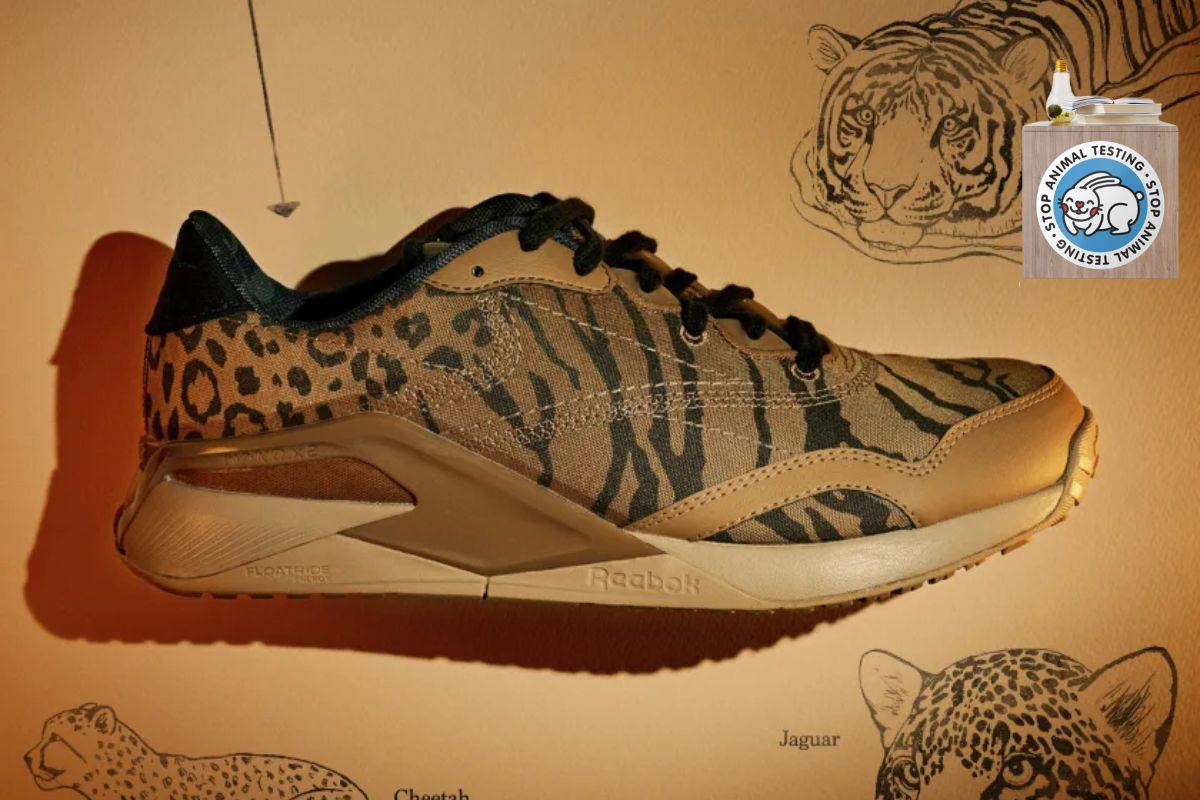
Image source: @Reebok
Brands That Prioritize Vegan Footwear
Fortunately, the market for vegan sneakers has grown significantly. Brands like Veja have gained attention for offering models made with organic cotton, recycled materials, and responsibly sourced rubber.
adidas has launched several vegan-friendly lines, including collaborations with designers like Stella McCartney. Native Shoes has made strides with its lightweight, recyclable sneakers. Additionally, Converse has released plant-based versions of its classic Chuck Taylor design. While not all shoes from these brands are vegan, many offer dedicated lines or clearly labeled vegan options.

Image source: @Veja
Popular Vegan Leather Alternatives in the Sneaker Industry
The world of vegan materials has evolved far beyond traditional synthetics. While polyurethane remains a common substitute for leather, newer innovations are making waves in the industry. One notable alternative is Piñatex, a textile made from the fibers of pineapple leaves. Apple leather, created from waste in the fruit industry, offers a smooth and flexible surface that mimics animal leather. Mushroom leather, made from the root system of fungi, is biodegradable and gaining popularity in high-end fashion.
Other materials like recycled plastics, corn-based fabrics, and repurposed rubber also play a growing role in the production of eco-conscious vegan footwear. These alternatives not only replace animal products but also often bring added environmental benefits by reducing waste and promoting biodegradability.
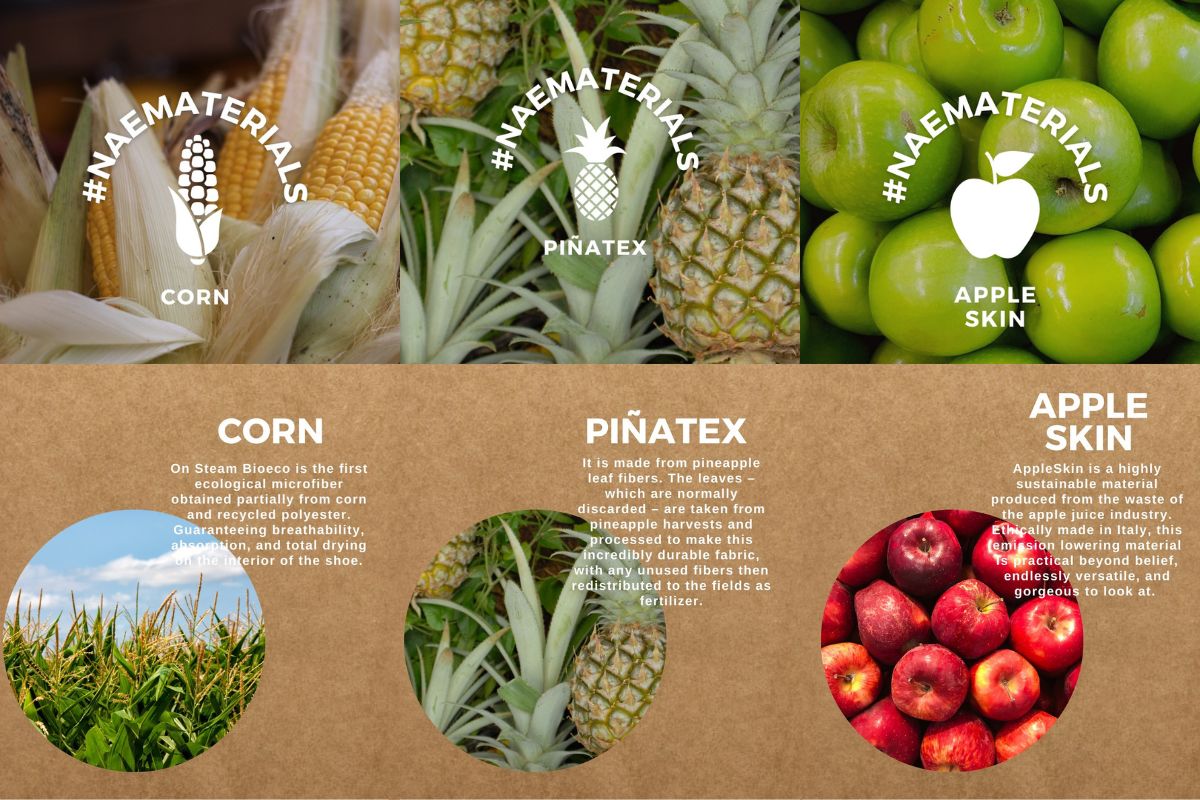
The Bottom Line
Buying vegan sneakers is about more than avoiding leather. It's a decision rooted in ethics, sustainability, and conscious consumption. By paying attention to materials, production processes, and brand transparency, you can find sneakers that align with your values, whether you're motivated by animal welfare, environmental concerns, or both. With a growing number of brands embracing cruelty-free and sustainable practices, choosing vegan footwear no longer means compromising on style or quality.
Remember, every step you take can reflect a kinder, more ethical approach to fashion.
Follow our socials @reflawn_official for more topics and reflawn's news page section for more insights on ethical fashion and practices.
How can I tell if sneakers are vegan?
Check if the product explicitly states it's vegan or has a certification like 'PETA-Approved Vegan.' Look for materials like synthetic leather or plant-based textiles and avoid leather, suede, or wool.
Are all synthetic materials considered vegan?
Technically, yes. Most synthetic materials are animal-free. However, not all are eco-friendly. For a more ethical choice, look for sneakers made with recycled or plant-based alternatives like Piñatex or apple leather.
Do vegan sneakers mean they're also cruelty-free?
Not always. Vegan refers to the absence of animal products, while cruelty-free means no animal testing was involved. For a fully ethical option, choose brands that are both vegan and cruelty-free.
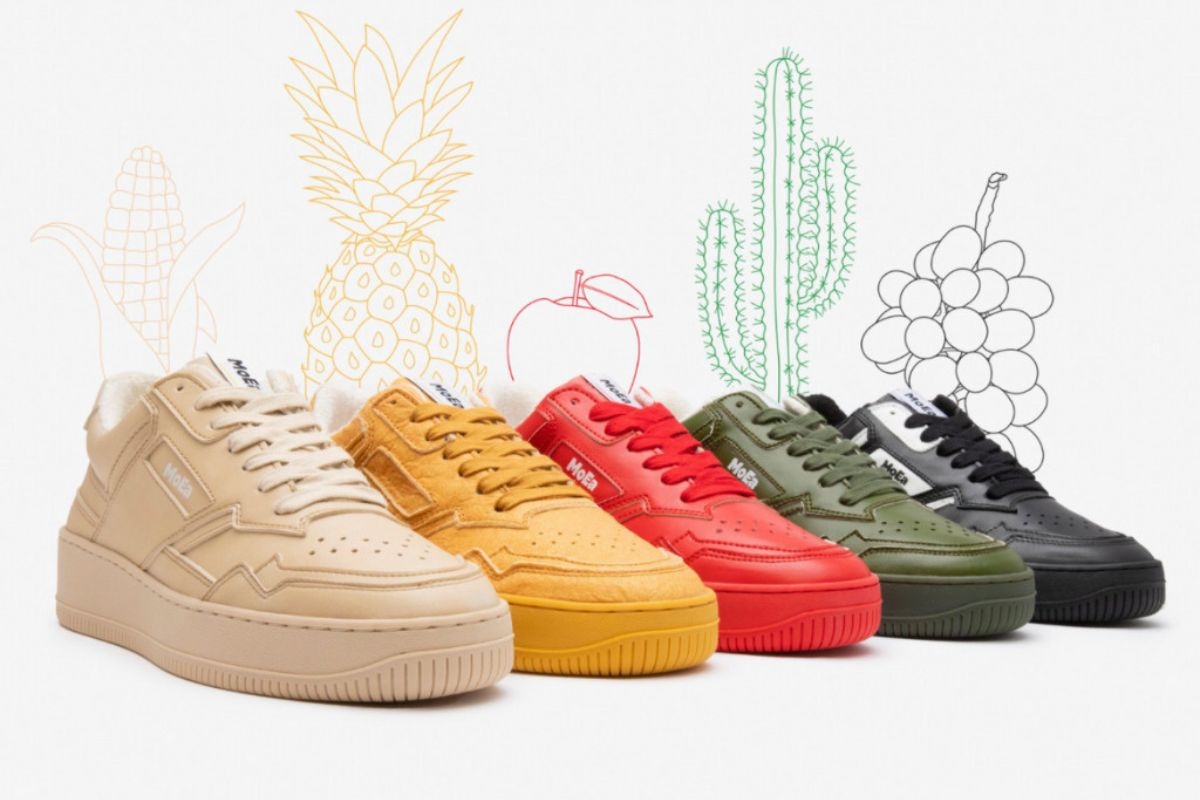

.png&w=3840&q=75)

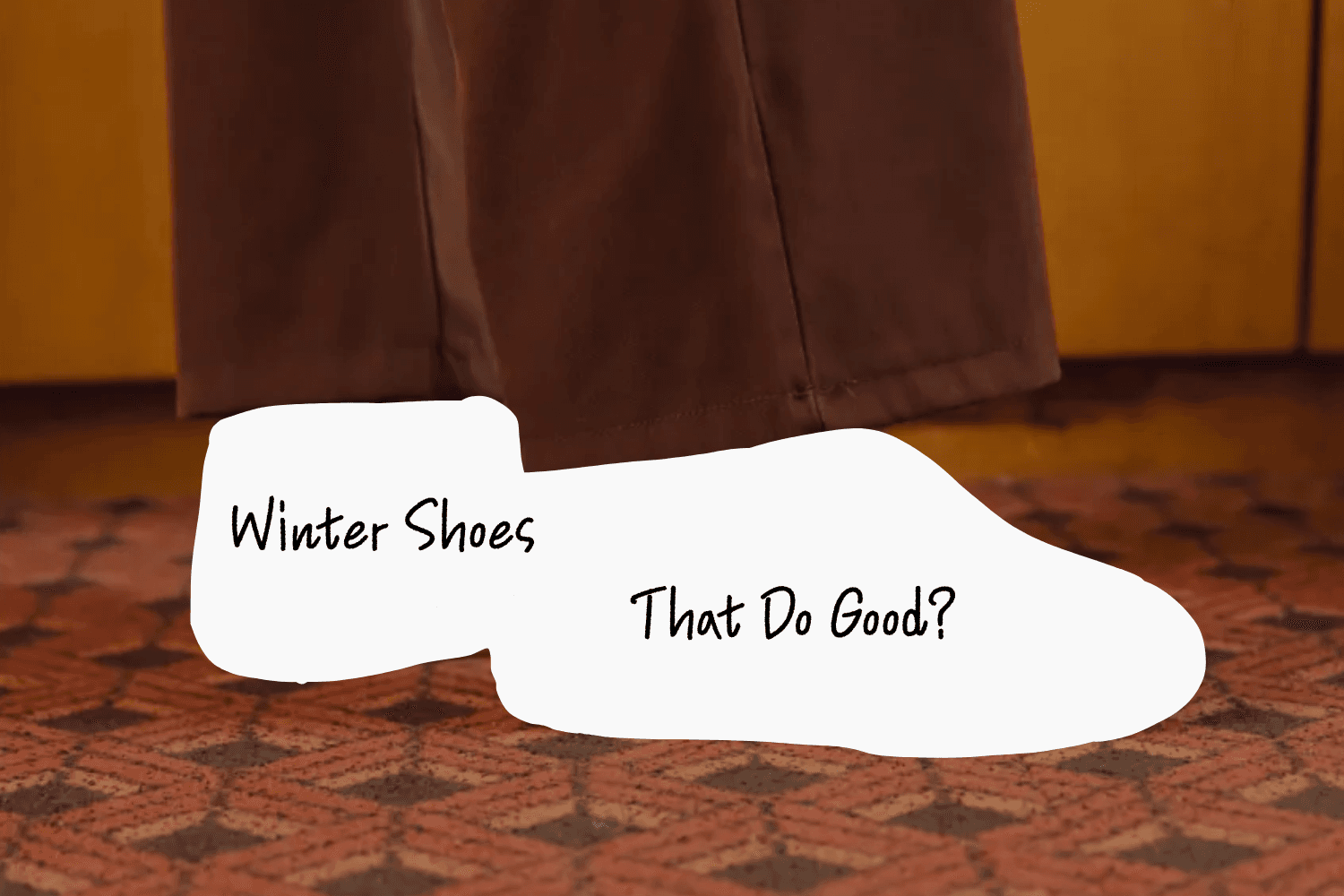
.png&w=3840&q=75)
.png&w=3840&q=75)
